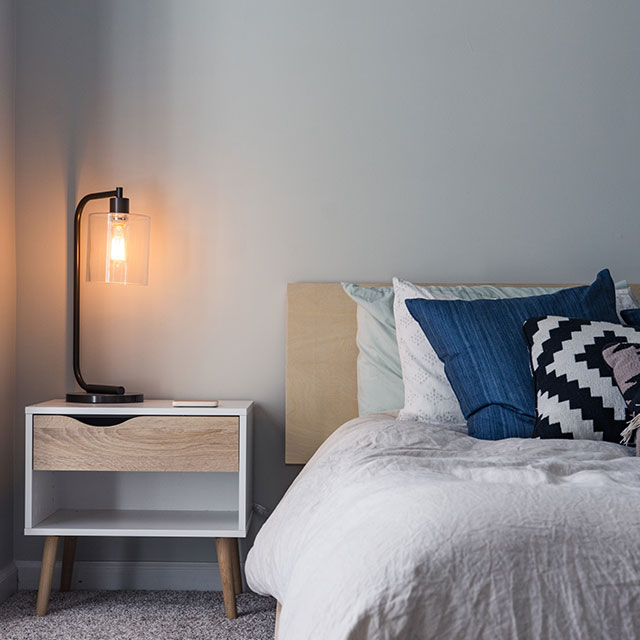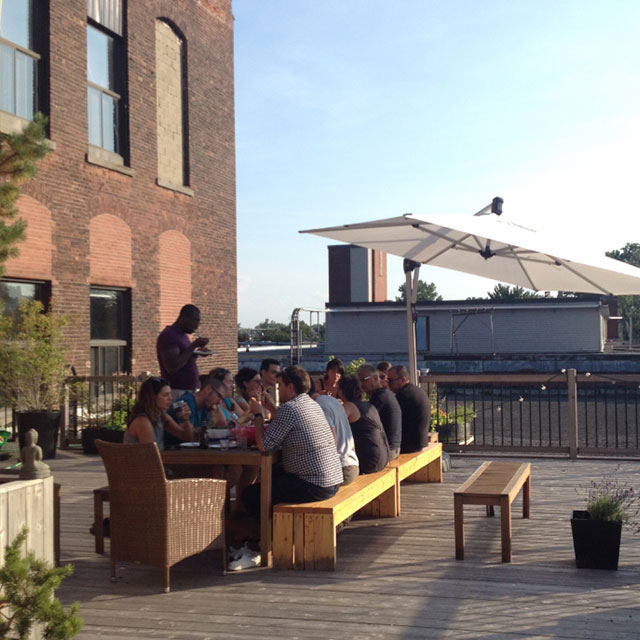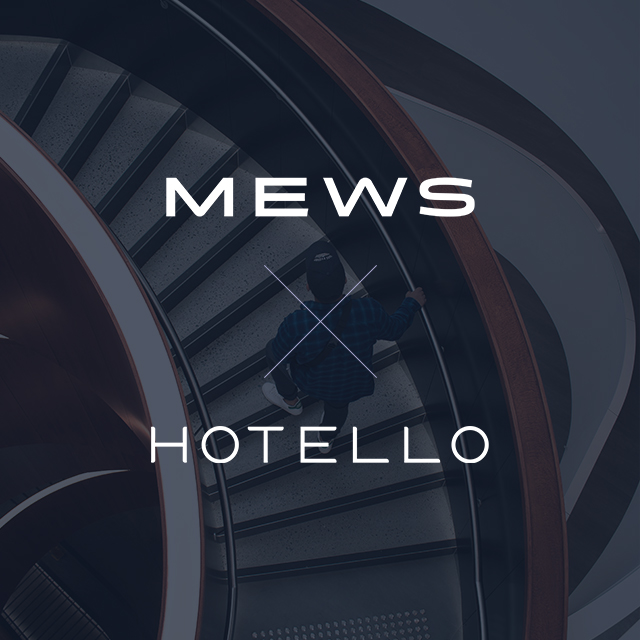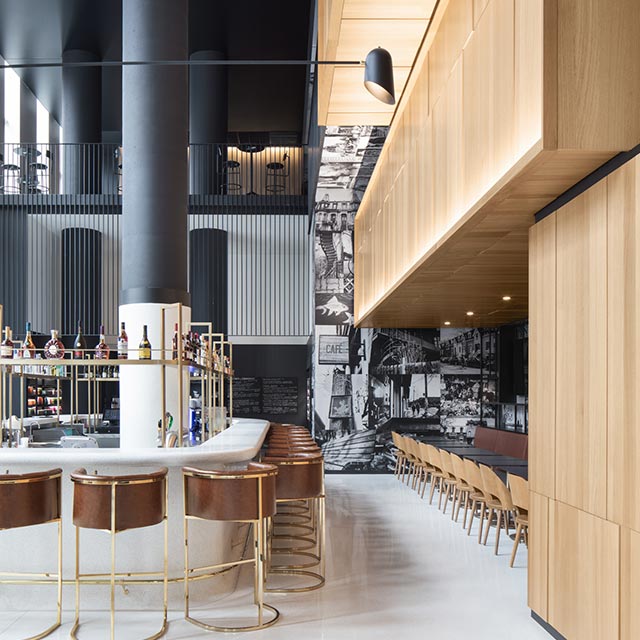
Why it’s a good idea to promote yourself on social media?
Since social media is well established in most people’s daily life, it offers a not-to-be-missed opportunity to attract new guests and retain those who are already loyal.
Newsfeed content is often a source of inspiration for users. Having a social media presence makes it more likely a potential guest will see a photo of your hotel and want to book a stay. Social media’s power also lies in its ability to provide visibility with people who don’t know about you or don’t follow you yet.
With social media, you can also set up contests and get greater visibility since users who follow you will share your posts with their friends and family. With contests, you get the chance to collect email addresses and improve the quality of your mailing lists.
Booking directly via social media
Social media users like things to happen fast. Tap into their need for instant gratification by inviting them to book a room directly on your Facebook page.
When choosing an online booking engine, pick one that lets you use social media platforms such as Facebook. An online booking engine that offers a direct connection to social media is a must-have as you won’t need to connect online travel agencies’ (OTA) booking engines to these platforms. Seamless integration between your hotel PMS and online booking engine is key to displaying accurate room availability and pricing on social media.
your e-reputation is a vital asset
Internet users are mostly responsible for building your online reputation. When they share pictures of a vacation spent at your hotel, leave reviews and comments and tag your hotel in their posts, social media users project an image of your hotel that matches their perception. And their perspective spreads quickly.
Moreover, when you respond to user’s posts and thank them for sharing their thoughts and experiences, you feed the post and keep it active. As a result, the post rises to the top of the newsfeeds of the people you want to reach, and you boost your visibility.
Online review platforms also play an essential role in building and maintaining your reputation, and your revenues derive from your reputation. During the choice-making phase, a web user planning a trip is in the habit of reading the opinions of other travelers. These reviews can be decisive and may tip the balance in your favour if potential guests read positive comments about your hotel.
It’s essential to manage your online reputation astutely by keeping a few things in mind, including future guest reviews posted to platforms such as Trip Advisor.
If you consider your e-reputation a valuable asset worth investing in, software exists that can help you by serving as your social media information and processing hub.
Social media as a promotional tool
Social media can help you reach your target audience with pinpoint accuracy. Posting exclusive promotions that feature a dedicated code is one of the best ways to leverage social media and give certain users precedence. Some booking engines even allow you to create user-specific codes that confer a special discount on guests who redeem them. Suppose you offer a promotion at your hotel in Montréal. You can offer a discount code to all people whose postal code falls within the Montréal area to encourage users to visit your direct booking site to book a stay at your hotel.
Social media can be incredibly useful for targeting initiatives because platforms possess a phenomenal amount of data about each user. Indeed, the display accuracy of your ads based on user profile data is unbeatable.
Sell the experience before selling the service
Photos and videos are the best way to share an experience on many social media sites. On Instagram, for instance, publications must include a photo or video, so you are selling an experience before a set of services. When web users see beautiful images that appeal to their emotions, they can picture themselves living the experience, which sparks their interest in booking a similar stay.
This approach works well to attract new guests and show off your services while enhancing your hotel’s reputation.
Using the right platform for each target audience
While it may be tempting to post identical content on all social media sites, doing so isn’t the most effective strategy as the average user age and type varies according to the platform.
The age of Facebook users falls mostly between 18 and 44. Keep in mind that users also connect more often to Facebook than to other sites, so they are more likely to see your posts. On Facebook, you can post links to your website and promotions and share photos of your hotel. If you want to post contests, Facebook is the forum you should use.
To promote your hotel’s aesthetics features, Instagram is the platform of choice. As you can only post photos and videos, you can leverage these to showcase your hotel’s atmosphere and charm. Hashtags are essential so that users who don’t follow you can find you easily. Most Instagram users are between the ages of 18 and 44, so keep these demographics in mind when you post to this platform.
The immediate, ephemeral nature of Twitter makes it your best option for some types of promotions. About 40% of Twitter users are between 18 and 29 years old, while 27% are between 30 and 49 years old. With a 140-character limit, Twitter doesn’t allow for lengthy posts. Make sure your offers are catchy, in your face and, most importantly, timely.
In addition to publishing content on your social media page, share posts and photos of your guests that also showcase your hotel. Doing so doesn’t require much effort and lets potential guests in on the guest experience at your hotel. This strategy increases your notoriety and credibility; you aren’t selling anything directly, only sharing in a transparent manner details of a pleasant stay at your hotel.
While it’s always great to attract new followers, don’t take the ones you already have for granted. Remember to post event reminders and create relevant content on a regular basis to pique the interest of your existing followers. Also, consider offering discounts to your most loyal guests or those who share your posts or tag you in their posts the most to cement your followers’ and guests’ loyalty.
Finally, be sure to respond to your guests’ posts and comments. Thank those who make positive comments and be understanding and receptive to comments that are more negative in tone. There’s always a way to work things out and make a bad situation better.
 Log in
Log in









